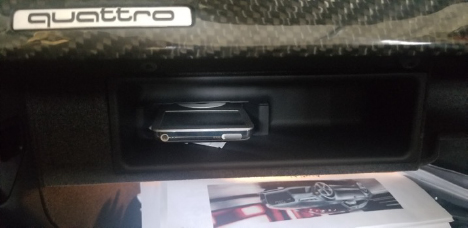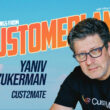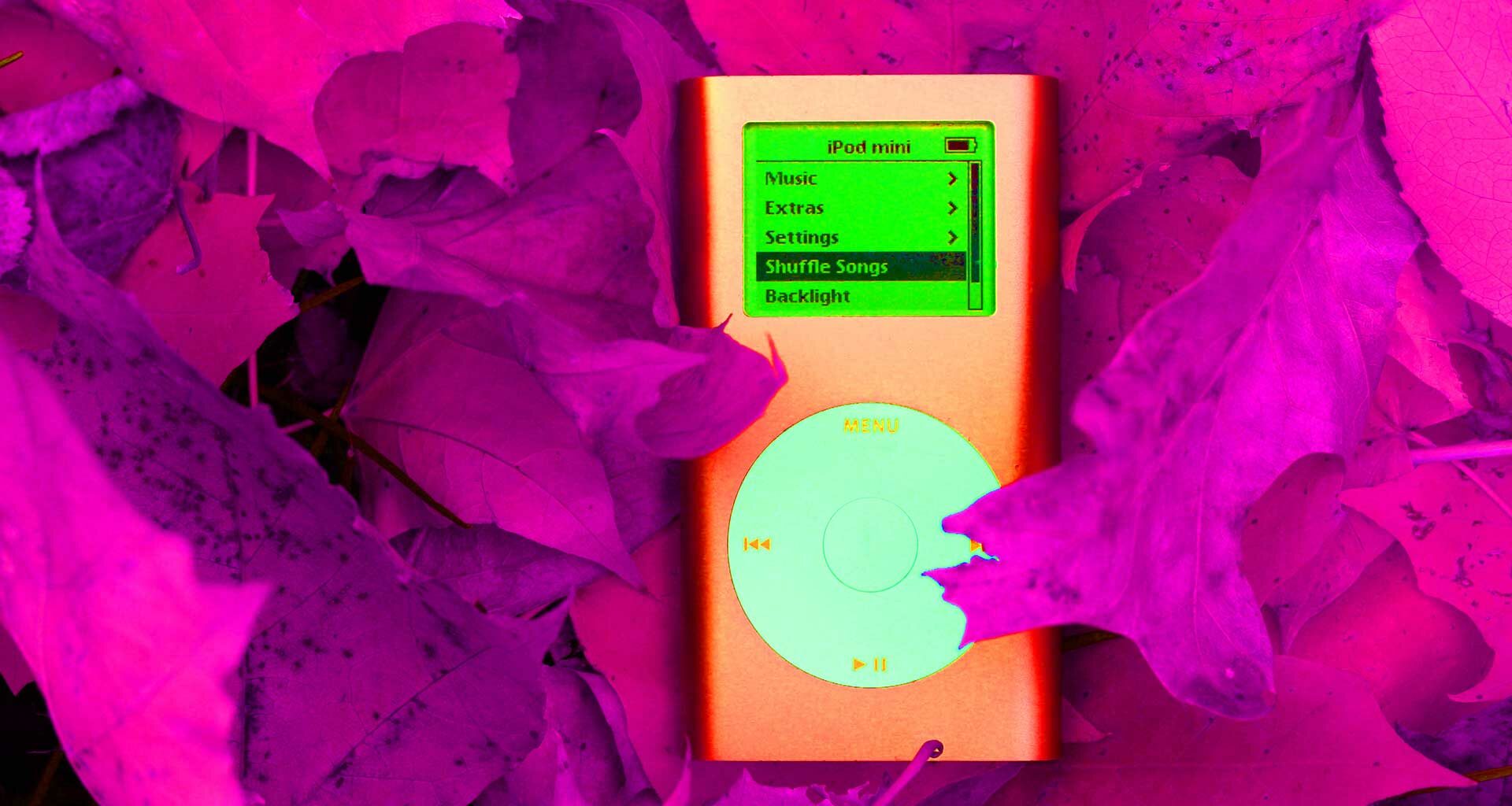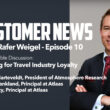Where are the lines between brand loyalty, brand advocates, brand assassins, and brand hostages?
If you know me, you know I’m not a fan of Apple. It’s a bit of a running joke with friends and colleagues, as I regularly ridicule those who stand in line to get the latest $1k+ iPhone or hang on the edge of their seat with bated breath in anticipation of the latest product launch announcement. I just don’t get it. I never have, and I probably never will. There are good reasons for my personal anti-Apple sentiment that span more than a decade of bad experiences with Apple’s software and hardware alike.
by Carl Doty
Let’s go back to around 2012 when iTunes 11 was released. I decided to update my PC, which stored my entire music library at the time. As a bit of an audiophile, I had a lot of music – more than 15GB worth, and I had been converting it all from CDs and storing it in mp3 format since about 2000 (prior to the existence of iTunes). On this particular day, I decided to move everything to iTunes. Why? Because I had a vehicle with an iPod dock in the glovebox and bought an iPod Classic to plug into it. Why a classic you ask? Because it had about 30GB of available storage and I wasn’t interested in the newer touch screen versions since this thing was essentially going to be a brick in my glove box. In order to use my new device, I of course had to download the latest version of iTunes to sync my library. So download I did. The rest as they say is history, as was my entire 15GB music library. iTunes had wiped it all out, and I had no choice but start over from the original CDs, wasting hours upon hours of my time to get everything back on to my PC so that I could then use iTunes to move it to the iPod. Thanks Apple. Strike one.
Now, fast forward a couple of point releases and probably less than 18 months later. After backing up my files before updating to the newest version of iTunes again I discover that my 30GB iPod Classic is no longer supported on iTunes. I could no longer sync my files between my PC, iCloud, and my main music player for my vehicle. As my kids used to say back then: “epic fail”. Thanks again Apple. Strike two.
Sometime in 2014, I decided to get an iPad. As a technology analyst and research leader at Forrester, I was in the thick of the rise of smartphones, tablets, phablets, etc. The consumer electronics space was exploding, the media industry was imploding, and I was experimenting with devices like Amazon’s Kindle Fire and Microsoft Surface. So, I decided to get the king of all tablets – a full sized 4th generation iPad (the newest at the time). The verdict? Well, I honestly found the Fire to be more productive for me at the office, and I liked the compact size. The Surface wasn’t really a fair comparison since it’s more of a PC than a tablet, although I should note that I’m writing this article on one right now. I wanted to like it, but my new iPad disappointed. It was a neat little media consumption device, but the screen had a couple of dead spots on it which made it frustrating to try to type messages. After the novelty of having a new device with a great display wore off, it was basically an expensive paperweight. Strike three Apple.
Needless to say, I’m not an iPhone user. Like more than 80% of the smartphone-wielding humans on this rock, I use an Android device. My colleagues in the consumer mobility space used to cover the big Apple product launch events every year, drooling over the new iPhone, and blogging about its newest features. To them I’d often say, “I don’t understand why anyone would want to wait in line at an Apple store for an inferior phone and have the Apple Genius Bar staff make you feel stupid when you ask a question.” While I was being tongue-in-cheek with these friendly jabs, the fact remained that my 18 month-old Samsung phone more often than not already had the technological magic of the newly released iPhone.
So why am I telling you this story? I assure you, it’s not just for the sake of badmouthing Apple. My colleagues and I at Atlaas often discuss the merits and pitfalls of the world’s largest consumer brands. We toil over what makes consumers truly loyal to a brand, which brands live up to customers’ expectations, and which brands do not. We’re all consumers, and as such we all have our brand preferences. But are we ever really “loyal”? Where are the lines between being brand advocates, brand assassins, and brand hostages? I’ve been with the same retail bank since I moved to the Boston area in the mid-nineties. Does that mean I’m loyal to Citizens Bank? No, it doesn’t. I don’t stay with them because I feel a sense of loyalty. I stay with them because I have multiple accounts, and I use their online banking, mobile app, and bill pay services. They work well enough most of the time, but sometimes they don’t. However, Citizens Bank is deeply integrated into my life and it would require a lot of effort for me to switch to another bank – not that I’ve seen a bank who does it all better. In a sense, I’m more of a hostage than a loyalist. You might even say I have Stockholm syndrome because when something does go wrong, I typically give them a pass because frankly there isn’t much I am willing to do about it. I suspect we’ve all felt that way about our bank, or maybe our airline loyalty program, or the hotel brands that we frequent in business travel. Maybe we even feel that way about Amazon sometimes.
When I ask people who have stayed with Apple over the past decade or more, I often get this answer: “Well…they kinda’ have me trapped.” Or once in a while I hear, “meh, it just works.” To them, I give my story above. But these are people that use multiple devices and services that are integrated with their daily lives. They store their media in iCloud, they might use Apple TV, and they probably get a new $300+ Apple watch every couple of years because the old one is obsolete. Speaking of obsolete, that’s exactly what my 4th generation iPad is now since it’s incapable of updating the operating system past iOS-10.3.3. Much to my chagrin, I had to buy a new one so that I could participate in our weekly Clubhouse discussions since that app is currently only available on Apple devices running iOS 13.0 or later. I guess the majority of the planet will have to wait for the Android version of Clubhouse, if they last that long.

And so it dawned on me just recently: Apple is like your bank. They may frustrate you every now and then, but once they’ve got you, you’re really just a hostage. And that leads me back to the title of this article and my message to consumer brands everywhere: Be better than Apple. I guarantee your customers expect it. Oh, and if you were wondering, my old iPod classic is still kicking out the tunes from my glove box. I just can’t update the playlist. Thankfully, Pandora doesn’t let me down.
Carl Doty is a Principal at Atlaas. He is a recognized thought leader and analytical business builder, Carl has a proven history of advising executives at leading global companies to build high-performance teams that drive revenue growth. Prior to Atlaas, Carl was Vice President and Group Director at Forrester Research.
Photo by Ben Szymanski on Unsplash












